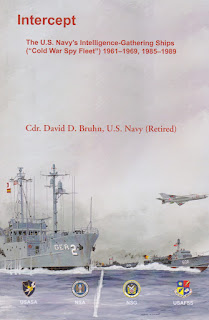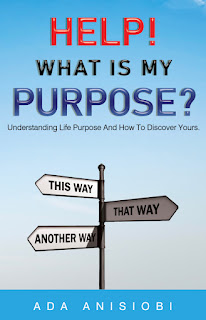The work of the spy ships, with the first of eleven, the USS Oxford, commissioned in 1961, would end in 1969 after violent and deadly encounters (with the exception of the USS Sphinx monitoring Sandinista government communications off Nicaragua in the late 1980s).
The ships were virtually defenseless. In 1967, during the Six-Day War, "Israeli forces surprisingly attacked the USS Liberty off the Sinai Peninsula … killing 34 Americans and wounding 171 others." In 1968, the USS Pueblo "was forcibly captured by North Korean forces … in international waters. Eighty-two officers and men were taken as prisoners. The crew was tortured and beaten … and spent eleven months in captivity until finally released on 23 December 1968."
The stories of all the spy ships are told with care and precision by Chico writer Cdr. David Bruhn, U.S. Navy (Retired), using publicly available sources.
"Intercept: The U.S. Navy's Intelligence-Gathering Ships ('Cold War Spy Fleet') 1961-1969, 1985-1989" ($30 in paperback from Heritage Books, heritagebooks.com), with a foreword by former Acting Under Secretary of Defense Charles L. Cragin, and a cover painting by Richard DeRosset depicting the Korean attack on the Pueblo, also contains 138 historical photographs (including one of John Wayne) along with maps and diagrams.
The Israeli attack on the USS Liberty remains controversial to this day. The evidence points to deadly misidentification, misinformation and miscommunication. The Israelis apparently believed the vessel was a warship; when aircraft attacked "tragically they either shot away the American flag or the halyards burned. The flag was gone by the second and third passes…." The USS Liberty had just four .50 caliber machine guns and some small arms, no match for the air attack and subsequent torpedoes.
Bruhn celebrates the heroism of those who served aboard the spy ships, and "Intercept" is a fitting memorial.



